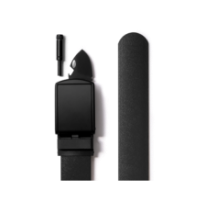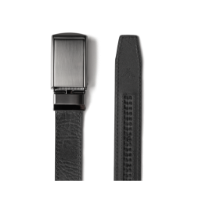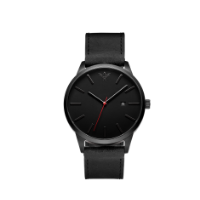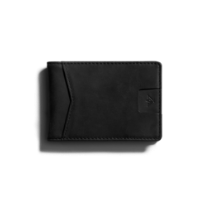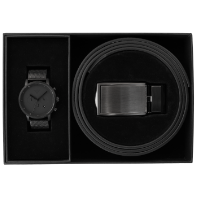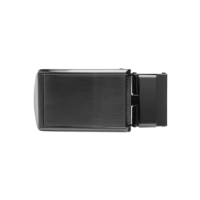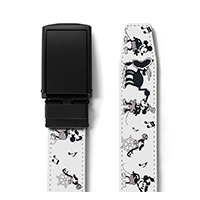Horns and Halos Wed, Jun 28, 2017
Quick Reminder: Self Assessments due Friday! Let me know if you have any questions.
“The Halo/Horns Effect is a type of cognitive bias where a person’s impression of another can substantially influence one’s thoughts and feelings about that person. Psychologist Edward Thorndike first wrote about the Halo Effect in 1920. Thorndike performed a simple study in which he asked two high-ranking officers to evaluate their soldiers on physical qualities such as neatness, and mental qualities like intellect and leadership. The results of the study showed that if a soldier was rated high in one area, he also tended to be rated highly in all other areas.”
I know that in interviews, I’ve sometimes fallen prey to this psychological effect. It’s easy to assume that someone who is dressed sharply is automatically more intelligent, and let that weigh more heavily in how I assess their answers. In other words, it’s the misconception that if someone is good at A (dressing) they must also be good at B and C (performance/punctuality etc).
But this concept can be applied to all areas of business. In management, a supervisor may see an enthusiastic employee and rate them higher in performance because of it. In brainstorming, a leader may favor an idea from one of their high performing employees over one of their low performing ones.(But not here of course!)
It’s important to be aware of the horns and halo state of mind when forming any thought or opinion really, as it can creep up in the workplace, in politics, and even in the dating scene. When decision making, be sure that every idea stands on its own merit, and is free of the horns and halo biases.![]()

